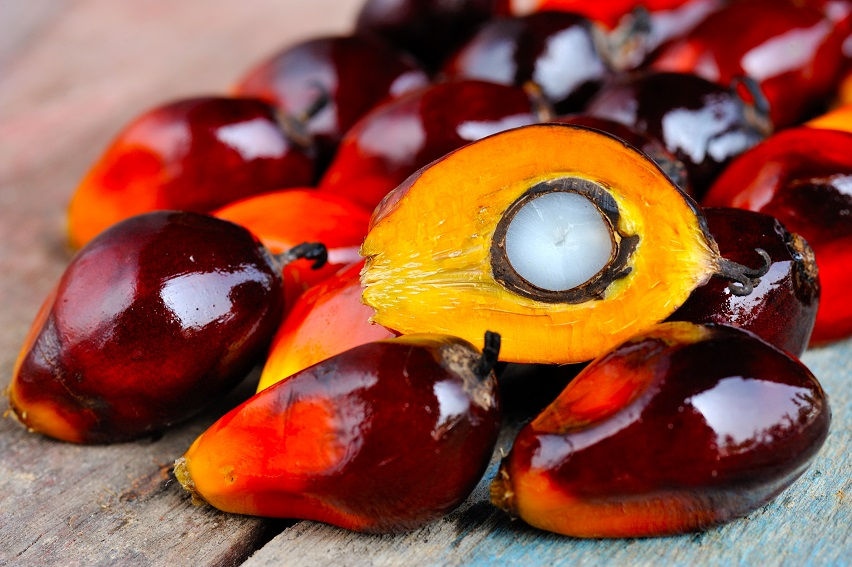Austria to end crediting of biofuels from palm oil in July
- UFOP
- Jan 27, 2021
- 2 min read

The accounting of biofuels with a high risk of indirect land use change (iLUC) will end in Austria July 1. This exclusion is provided for in the late-January amended legal provision of the fuel ordinance. The Austrian federal government is thus making early use of the authorization in Delegated Regulation (EU) 2019/807 under the Renewable Energy Directive (2018/ 2019), or RED II. This provides for the exclusion of biofuels from raw materials with a high risk of indirect land use change from 2023-’30 at the latest.
The Union for the Promotion of Oil and Protein Plants (UFOP) welcomes the regulation of the Austrian federal government, pointing out that the draft law submitted by the German federal government at the end of 2020 to implement RED II provides for the exclusion of biofuels from palm oil. From 2025, according to the draft, the crediting of biofuels from palm oil to the GHG quota would no longer be possible. In France, the accounting of biofuels from palm oil already ended in January 2020 with the implementation of Regulation No. 2019-570. This regulation also stipulates, in an aggravating manner, that from Dec. 31, 2019, economic operators will no longer be able to list biofuels from palm oil in their mass balance system.
The world’s largest palm oil producers, Malaysia and Indonesia, are opposing this exclusion. Indonesia initiated proceedings at the World Trade Organization in November and Malaysia this month against the exclusion regulations in RED II. Discussions on this issue are now also taking place at the EU level at the level of foreign ministers. A meeting at the end of December was attended by the foreign ministers of the 10 ASEAN countries and their counterparts from the EU. The negotiating partners agreed to set up a working group to address “the challenge of achieving the Sustainable Development Goals in the vegetable oil sector.” The UFOP fears that against the background of economic interests, the exclusion regulation could be overturned. The EU Commission’s work program within the framework of the Green Deal provides for the revision of RED II in the second quarter of 2021, accompanied by an impact assessment.


































